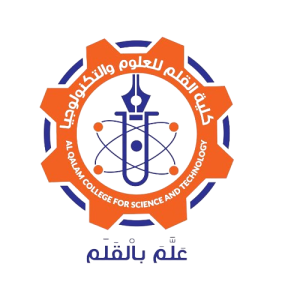The College of Islamic Studies at Stardom University was founded to be an intellectual beacon that combines authenticity and modernity, and contributes to spreading the tolerant values of Islam and enhancing a deep understanding of Islam as a religion and a way of life. The college aims to prepare scholars and researchers capable of providing innovative visions that serve society and promote civilizational dialogue between cultures. The college is distinguished by comprehensive academic programs that cover various fields of Islamic studies, such as Sharia, jurisprudence, principles of religion, interpretation, Hadith, and Islamic thought. It also focuses on qualifying students with a balanced understanding that blends the rich Islamic heritage with the requirements of the modern era. The college also provides a distinguished educational environment that integrates theoretical education with practical application, while supporting specialized scientific research that addresses contemporary issues in light of Islamic teachings. It also seeks to enhance students' skills in dialogue and communication, enabling them to serve their communities and contribute to building bridges of communication with other cultures.
To be a global leader in providing integrated Islamic education, contributing to building a society based on tolerant Islamic values, and promoting understanding between cultures and civilizations.
Providing distinguished academic education in the fields of Islamic studies that promotes Islamic identity and moderate thought, preparing graduates capable of facing contemporary challenges with balanced intellectual discourse, and contributing to the development of society through scientific research and service to humanitarian causes.
The College of Islamic Studies offers a range of specializations covering various aspects of Islamic knowledge, with a focus on combining theoretical foundations and practical applications. These specializations include:
:Islamic Law (Sharia) Specialization
Study of Islamic jurisprudence (Fiqh) and its principles.
Islamic legal maxims and objectives (Maqasid al-Sharia).
Positive laws and their comparison with Islamic law.
:Principles of Religion (Usul al-Din) Specialization
Study of Islamic theology (Aqidah) and the history of Islamic sects.
Interpretation of the Holy Quran and its related sciences.
Study of the Prophet’s Hadith and its related sciences.
:Jurisprudence (Fiqh) and its Principles (Usul al-Fiqh) Specialization
In-depth study of Islamic jurisprudence in various schools of thought.
Study of the principles of jurisprudence as a tool for understanding and deriving rulings.
Addressing contemporary issues from a jurisprudential perspective.
:Interpretation (Tafsir) and Quranic Sciences Specialization
Study of the interpretation of the Holy Quran with its various methods.
Quranic sciences such as the reasons for revelation (Asbab al-Nuzul).
:Currently Open Specializations
Bachelor’s in Islamic Studies.
Master’s in Islamic Studies.
Doctorate in Islamic Studies.









